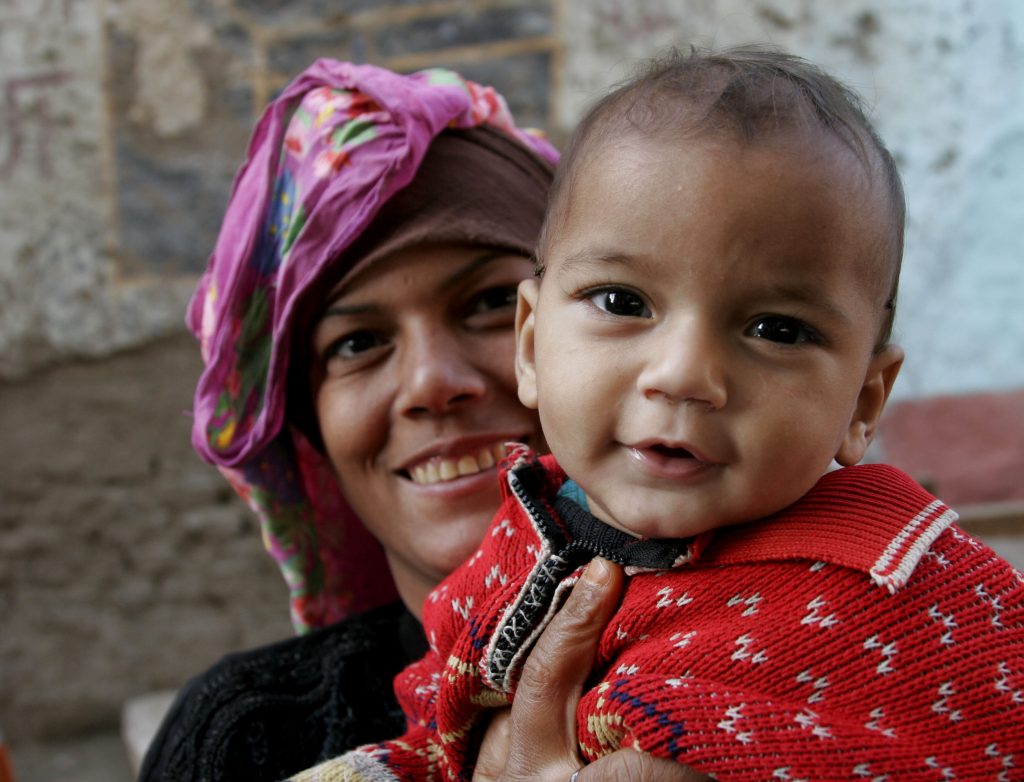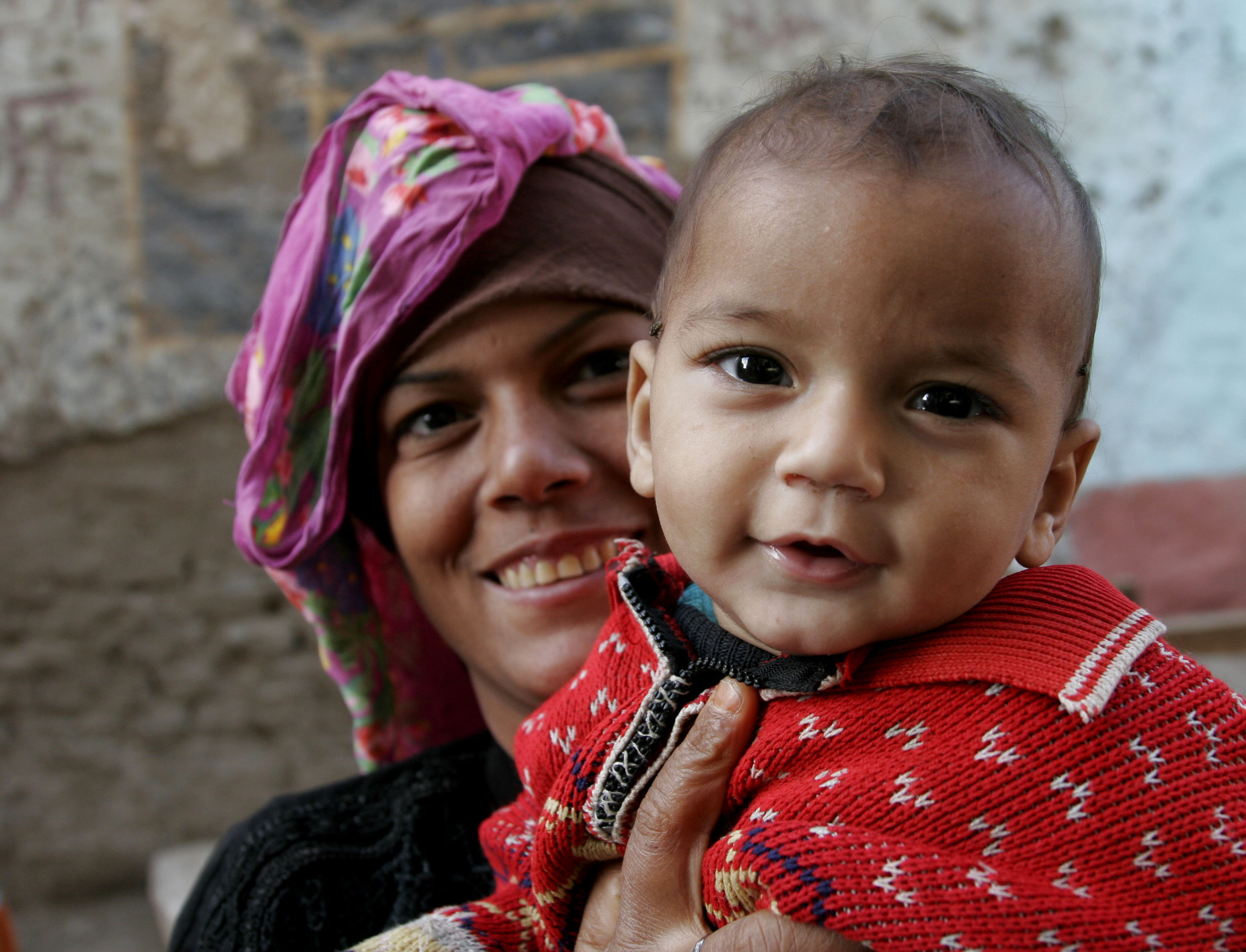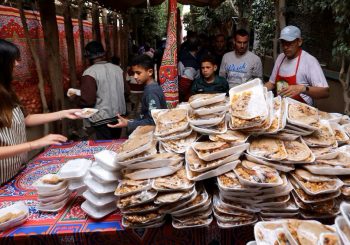According to the Central Agency for Public Mobilization and Statistics (CAPMAS), Egypt’s population has hit the 100 million mark as of Tuesday.
The overwhelming statistic excludes Egyptian nationals living abroad who are estimated to be between 9 and 9.5 million.
Recognizing the growth, Egyptian prime minister Mostafa Madbouly stated that the demographic expansion constituted the country’s largest challenge following a cabinet meeting on Friday as per Egypt Today.
This sentiment had been previously echoed by President Abdel Fatah Al Sisi who asserted that stated that “Terrorism and population growth are the two biggest threats in Egypt’s history” during a session of the Fourth National Youth Conference in 2019.
Despite the alarming growth, the fertility rate in Egypt dropped from 3.5 in 2014, its all-time highest, to 3.1 in 2018 as per the United Nations Fund for Population Activities (UNFPA) Egypt’s study.

Still, Egypt’s massive population is considered a hefty and significant burden on a financial level.
In the upcoming years, Egypt’s growing population will provide additional challenges to its already limited resources, and social stability as well.
A UN study, titled “World Population Prospects 2019: Highlights”, reported that Egypt is expected to see an annual rise of its population until it increases by 60 million by 2050.
Along with India, Pakistan, Nigeria, Ethiopia, Indonesia, Tanzania, the United States and the Democratic Republic of Congo, Egypt’s population growth will constitute more than half the projected growth of the global population between 2019 and 2050.
Considering Egyptian land is composed of between 85 to 90 percent desert, its considerably increasing population is wedged on the remaining percentage which runs along the shores of the Nile and the Delta.

Accordingly, in 2018, the Ministry of Social Solidarity launched an aggressive two-year project called “2 Kefaya (Two [children] is enough)” in order to get curb the number of children in Egypt, particularly in the most populated areas, and to bring down the birth rate to a national average of 2.4.
Many women still choose to have more than two children for many reasons, one of them being due to lack of access to birth control, additional financial support to the families, and the belief that birth control is religious forbidden and is a direct intervention of God’s will.
Al Azhar, Egypt’s top Islamic institution, supported the governmental campaign.
Moreover, the 2019/2020 fiscal year plan included programs aimed at improving family planning and reproductive health services, such as the expansion of the availability of family planning and reproductive health services particularly for slums and rural areas, as well as developing the training curriculum for doctors and nurses.

Population growth also poses challenges to employment, as the International Monetary Fund projects a labor force of 80 million by 2028, which can lead to higher unemployment.







Comment (1)
[…] has been trying to combat overpopulation since 1965 but has not succeeded because of a bundle of negative social practices. Those are child […]